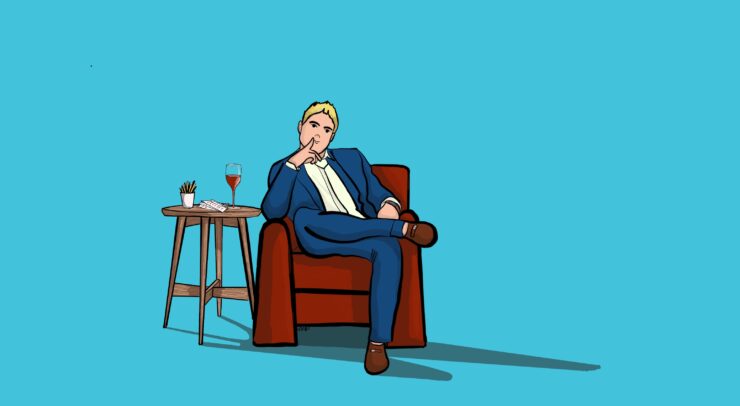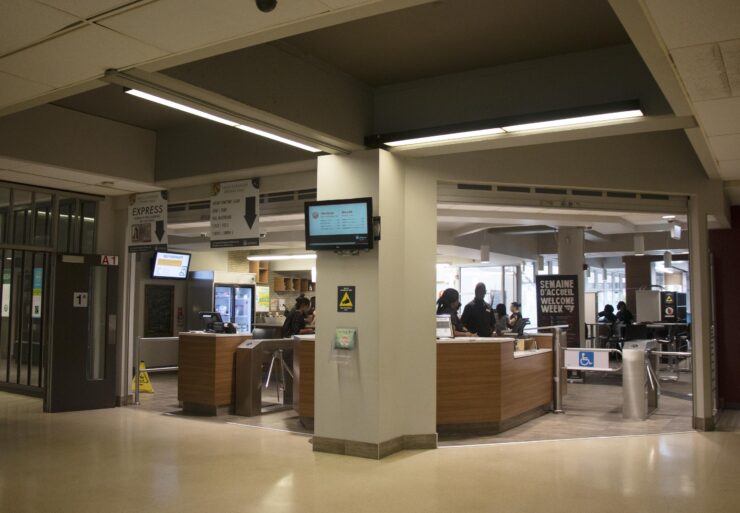U of O Faculty of law experts discuss community-based access to justice
On Wednesday, Sept. 12, the University of Ottawa Faculty of Law hosted the first talk in their new Law and Social Justice Speaker Series, sponsored by the Law Foundation of Ontario (LFO).
The session, Advancing Community-Based Access to Justice, hosted Julie Mathews, executive director at Community Legal Education Ontario and LFO Community Leadership in Justice Fellow, in conversation with U of O law professor, David Wiseman.
The talk was held to discuss a recently published report, that Mathews collaborated on, which focused on identifying the gaps and barriers community members face when attempting to access the justice system and how community workers, in non-legal organizations, assist people with legal problems.
“One of the hallmarks of our work is to think about what people need,” Mathews said.
The research itself is an analysis of what community workers can and do help individuals with when it comes to legal problems. Community workers include, health care workers, people who work in shelters, health care facilities, community centers, housing; any individual working to help and provide resources to individuals or groups, disadvantaged or otherwise, from the community.
Mathews identified the biggest barrier for community members accessing legal help is “the trust factor.” This means community workers often end up filling in for lawyers because people are more comfortable talking with them. Mathews called this “the grey zone.”
https://twitter.com/themindofmaris/status/1039905930610188291
The regulations dictating who can give legal advice are quite strict, meaning community workers often have their hands tied when it comes to assisting members of the community. Mathews said the research from the report, and her current work, concerns “how to equip (community workers) better.”
https://twitter.com/themindofmaris/status/1039908351566598145
Wiseman proposed a final thought to Mathews, that the Law Society of Ontario keeps regulations strict to ensure the law profession remains economically viable possibly because having community workers deal with legal matters could be taking away opportunities for lawyers. His point culminated to the question, “why should law students care about community-based access to justice?”
Mathews said the goal of the research isn’t to create a second-tier law system, as that would be of the detriment to both justice and the field of law but to foster collaboration between all individuals in the space because “it’s not just lawyers and judges … frontline workers are often at the intersection and we need to work with them.”
In response to a question from the audience, Mathews noted that governments do little to increase funding for legal aid. While the onus is on the government, Mathews said “there isn’t much public support for legal aid—people don’t realize they might need legal help.” Without demand from the public, governments don’t prioritize the area.
In a follow-up, Mathews said that the government should be funding legal aid organizations, comparing it to Canada’s universal healthcare system by saying, “key (legal) issues are like health issues.”
Mathews will expand on the work in the report as a newly inaugurated Fellow in the U of O’s Faculty of Law Common Law section.





